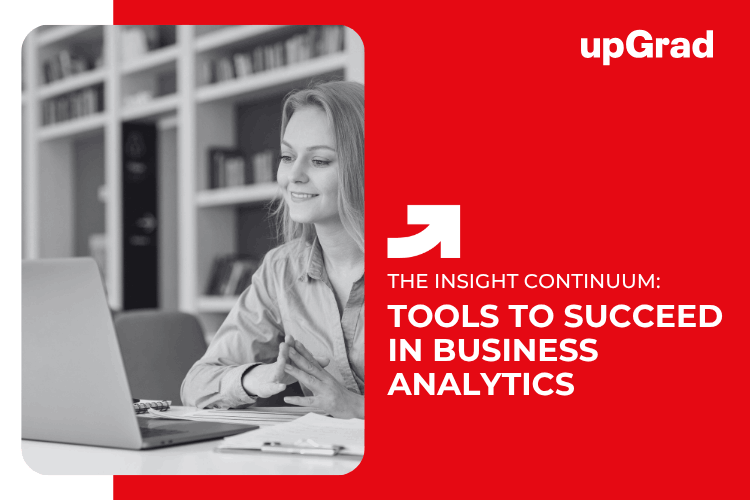Data is the new form of capital in today’s business world. Think about this: MicroStrategy found out that 56% of the firms use data analytics tools for decision-making and 64% for improving productivity. Also, 65% of the companies plan to increase their consumption of analytics, and 51% of the companies state that data analytics leads to better financial performance.
These statistics shed light on how data is crucial in influencing business strategies and outcomes. Given this, it’s the right time to learn how to leverage data using business analytics tools and techniques to optimize your business operations. Read this article to learn it all.
Ways of Optimizing Data Via Data Analytics Tools
Not only do organizations have different requirements, but they also use different types of data during business operations. By leveraging those data using digital marketing analytics tools, businesses can put them to several uses, which are as follows:
- Make sure that you know your target consumer trends and their preferences. It helps business organizations to closely tailor products and services to suit the customers’ needs.
- Impacting decisions regarding the distribution of resources and the use of marketing strategies. This could involve categorizing the viewers in a way that is based on usage or purchaser data, for instance.
- Recognizing user conduct. Take advantage of the user experience to gain insight into the degree of interaction that a customer has with a product or service.
Converting Data Into Valuable Insights
Data cannot be turned into an implementable plan unless you check a number of boxes. The most important thing to remember is that the data must be precise and dependable, and you must know what has to be collected and how to acquire it.
To provide them with relevant and useful information, find out which audiences require the data. Find the smoothest way of incorporating analytics into daily processes to ensure that all parties involved in the business are using the same data and working toward the same objectives.
Take Data-Driven Decisions
Applying the data analytics tools’ findings to business operations is the next stage once you collect all the data. This might include making changes to supply chains, improving customer service, or modifying marketing tactics. It is imperative to showcase case studies in which decisions based on data have produced quantifiable gains in corporate performance.
Additionally, this part must cover how to quantify the effects of these adjustments and incorporate findings into a company’s daily operations. A company might monitor changes in client acquisition costs or customer lifetime value, for instance, following the implementation of a new data-informed marketing plan.

Ending Note
Businesses looking to prosper in the data-driven business environment of today will either find data science or data analytics to be a priceless asset. Businesses, no matter how big or small, can gain a competitive edge, optimize processes, and make well-informed decisions by leveraging data analytics tools.
By applying best practices and knowing when and how to use business analytics, organizations may leverage their data to its fullest and produce significant business results.
Enroll in the Post Graduate Programme in Data Science & AI from UpGrad to further explore the power and potential of data analytics in business operations and set out on a revolutionary path toward data-driven decision-making and long-term growth.
FAQs
1. How can big data be used?
To take advantage of big data, develop strong data analytics capabilities, give data governance first priority, and use data-driven decision-making.
2. Which business analytics practices should you follow?
Clear objectives, a focus on data quality assurance, the use of appropriate tools and technology, an embracement of data governance and privacy, and an investment in data literacy and team training are all necessary for the success of business analytics projects.
3. In what ways can data be used to build a plan?
Businesses must take a comprehensive, strategic approach that incorporates data governance and data management in order to use data to inform strategy.































